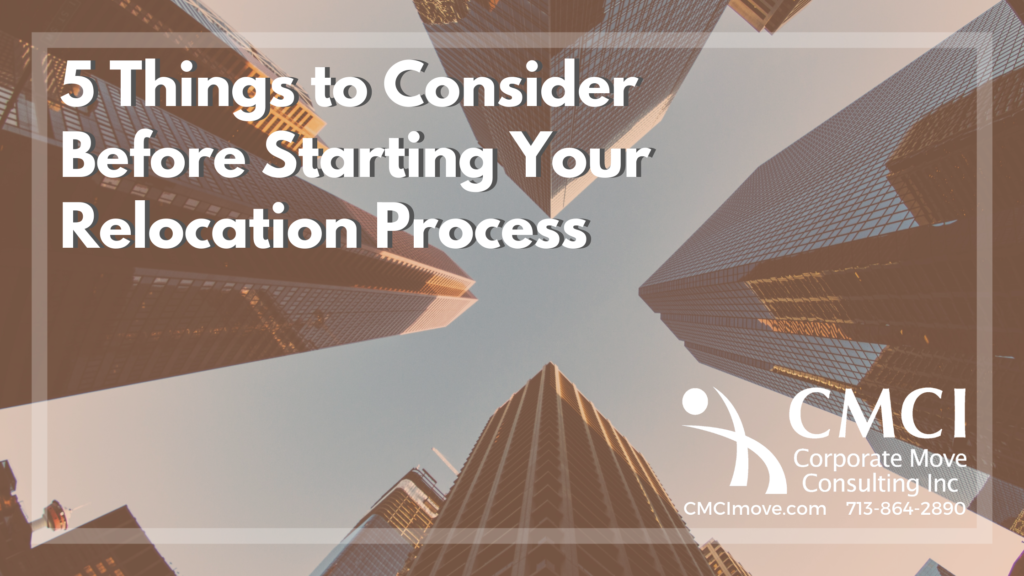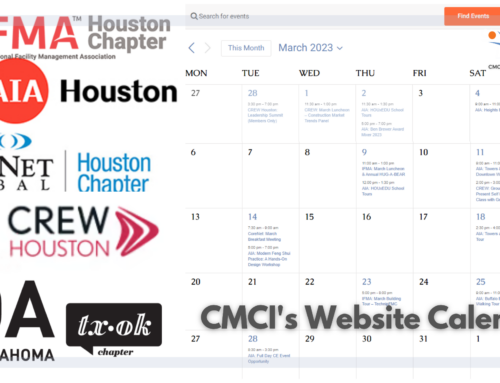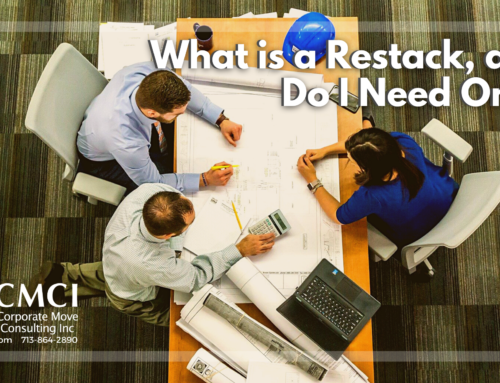If you have just been tasked with planning your company’s move to a new building, you may be at a loss for where to start. There is no “Corporate Relocation for Dummies” manual—at least no effective one, that is. However, over the years, we have managed enough successful moves to compile a few consistent questions that those charged with their relocation assignment should ask themselves. Here are a few aspects of your company to examine that should help get the ball rolling in the right direction.
1. The Plan
Planning prevents poor performance. It is crucial to establish a detailed game plan from the very beginning so that your relocation does not derail. The first part of creating your move plan is to identify the key elements needed to make your transition a success. Do you need to move any large or fragile equipment? What appliances does your company own versus your current landlord? This is just the start of the information you will need to be aware of before you start physically moving.
2. The Time
Creating a desired timeline of events helps ensure that adequate coordination amongst concerned parties occurs throughout the move process. It’s important to be prepared for any delays or impacts to the project, as attempting to choreograph all the moving parts of your company is hard for an inside team to achieve, especially if you have your daily work duties to think about as well. It is best practice to hire a move consultant who understands the nuances of corporate transitions because he or she can actually help in getting things completed sooner by identifying any gaps in scheduling or coordination. Large moves take several months in advance to plan, so bringing in an expert during the initial planning stages saves time and money.
3. The Budget
Know your budget. By evaluating the preceding points, you should have the tools at your disposal to begin to determine overall costs. The budget not only helps to communicate the financial goals of your company throughout the transition, but also creates a framework for a skilled move consultant to provide the necessary level of support in accordance with the parameters set forth by the company.
4. The New Space
What is the reason you are moving? Are you expanding? Downsizing? Is your new office meant to provide better amenities and invigorate employees? Keeping your goals in mind as you plan out your new space will help immensely when it’s time to transition. Big aspirations can get lost in the mix when you have hundreds of logistical decisions to make. If you forget why the company is moving in the first place, a great opportunity for your business turns into a substantial risk. Space-planning is essential to maintaining workflow, preventing unnecessary work stoppages, and ensuring adequate resources are available for staff at the new location.
5. The Old Space
Whether you are relocating to a new location with furniture already in-place or taking your existing furniture with you, the old space is a huge factor in the planning process. The details around your current space need to be thoroughly evaluated and identified prior to relocating. Being cognizant of your lease requirements or any special conditions with the Property Manager are also important elements to consider at both locations.
These are some of the overarching factors to think about when preparing for a corporate relocation, but this is far from an exhaustive list. Planning for a move is overwhelming when you are expected to facilitate it successfully without any guidance from an expert. Luckily, there are well-experienced move consultants whose responsibility is to manage relocations as smoothly and efficiently as possible. It’s what they do, every day, CMCI is the ideal move consultant to assist companies in their moving process. Fill out our contact form to learn more about our services.











